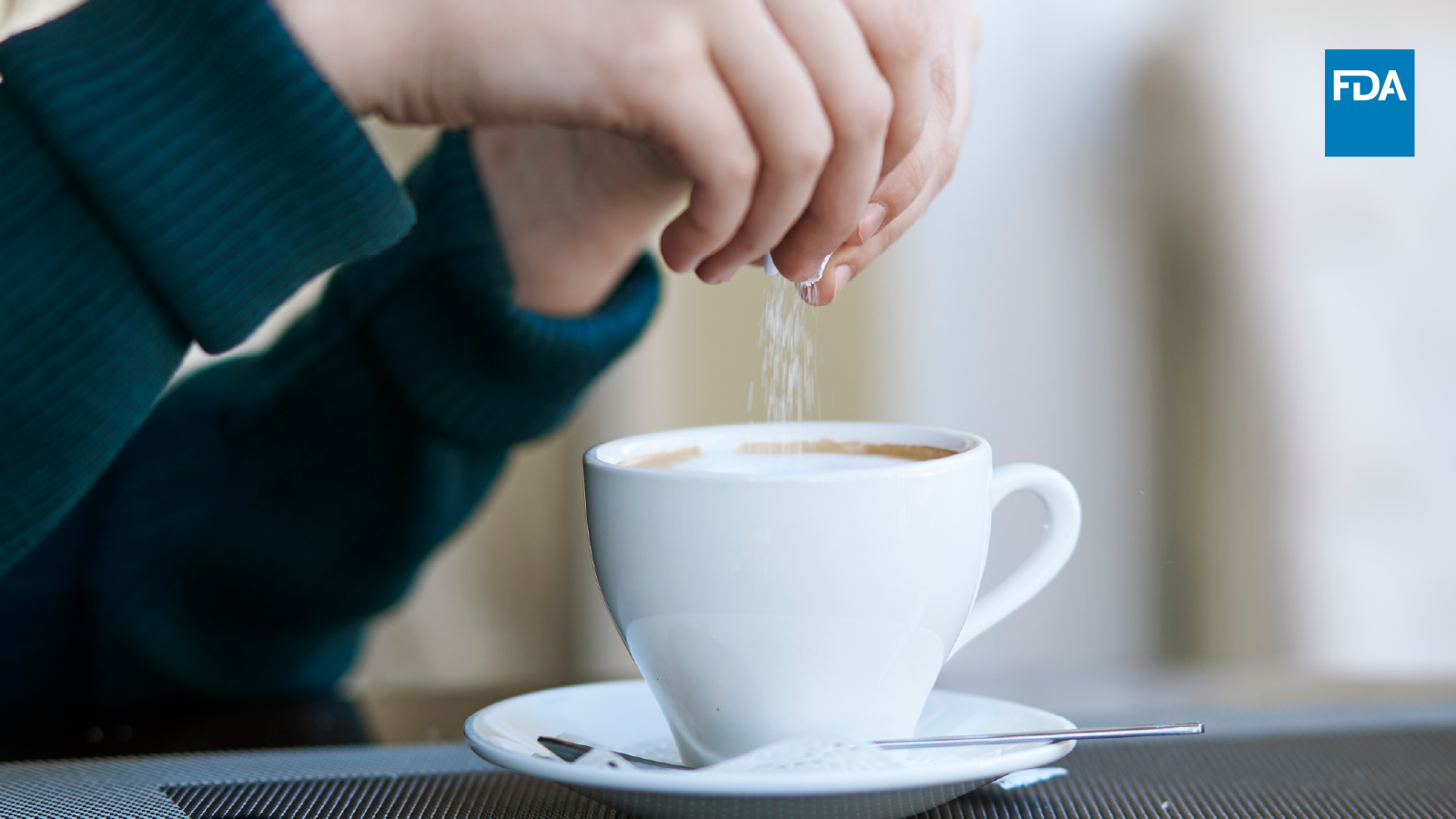Objectives To study the associations between artificial sweeteners from all dietary sources (beverages, but also table top sweeteners, dairy products, etc), overall and by molecule (aspartame, acesulfame potassium, and sucralose), and risk of cardiovascular diseases (overall, coronary heart disease, and cerebrovascular disease). Design Population based prospective cohort study (2009-21). Setting France, primary prevention research. Participants 103 388 participants of the web based NutriNet...| The BMJ
Note: The revision of this Import Alert (IA) dated 10/4/2021 updates the reason for alert section, guidance section, product description, and charge section. Changes to the import alert are bracketed by asterisks (***).| www.accessdata.fda.gov




